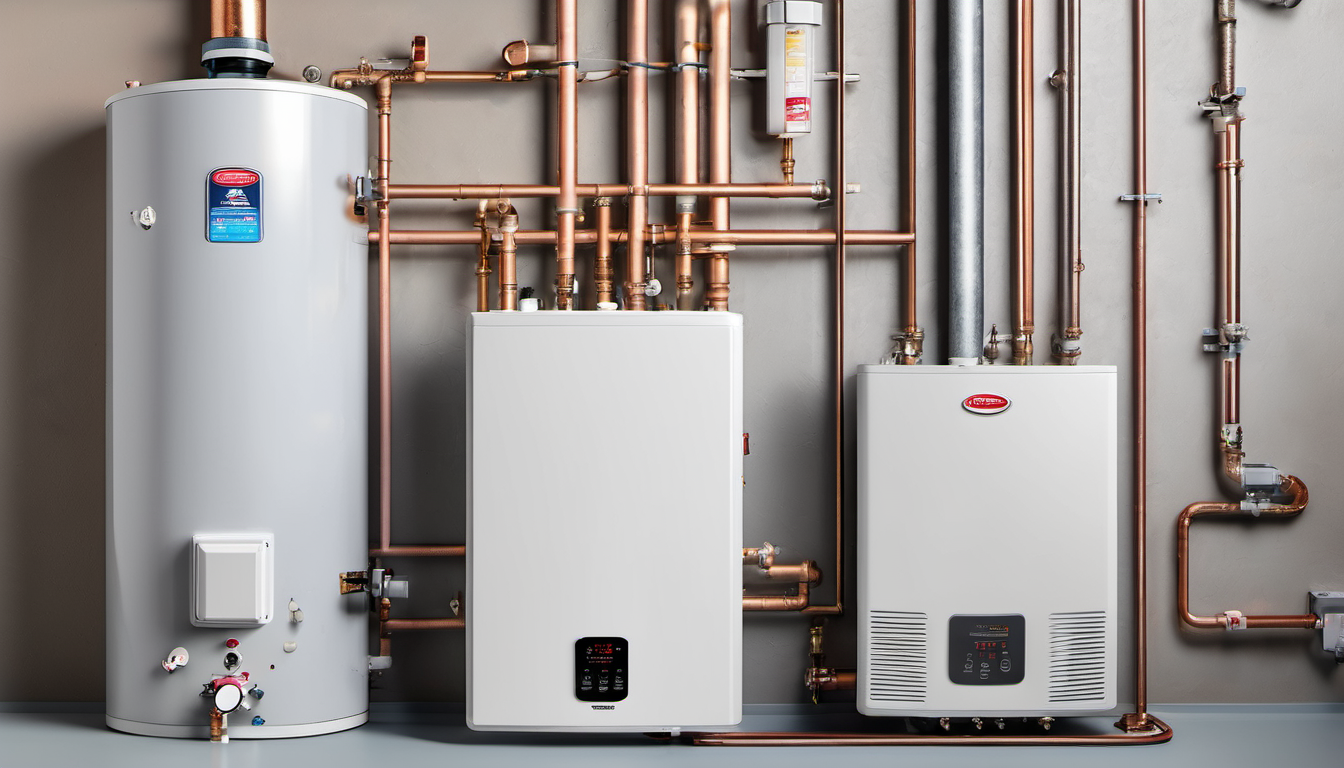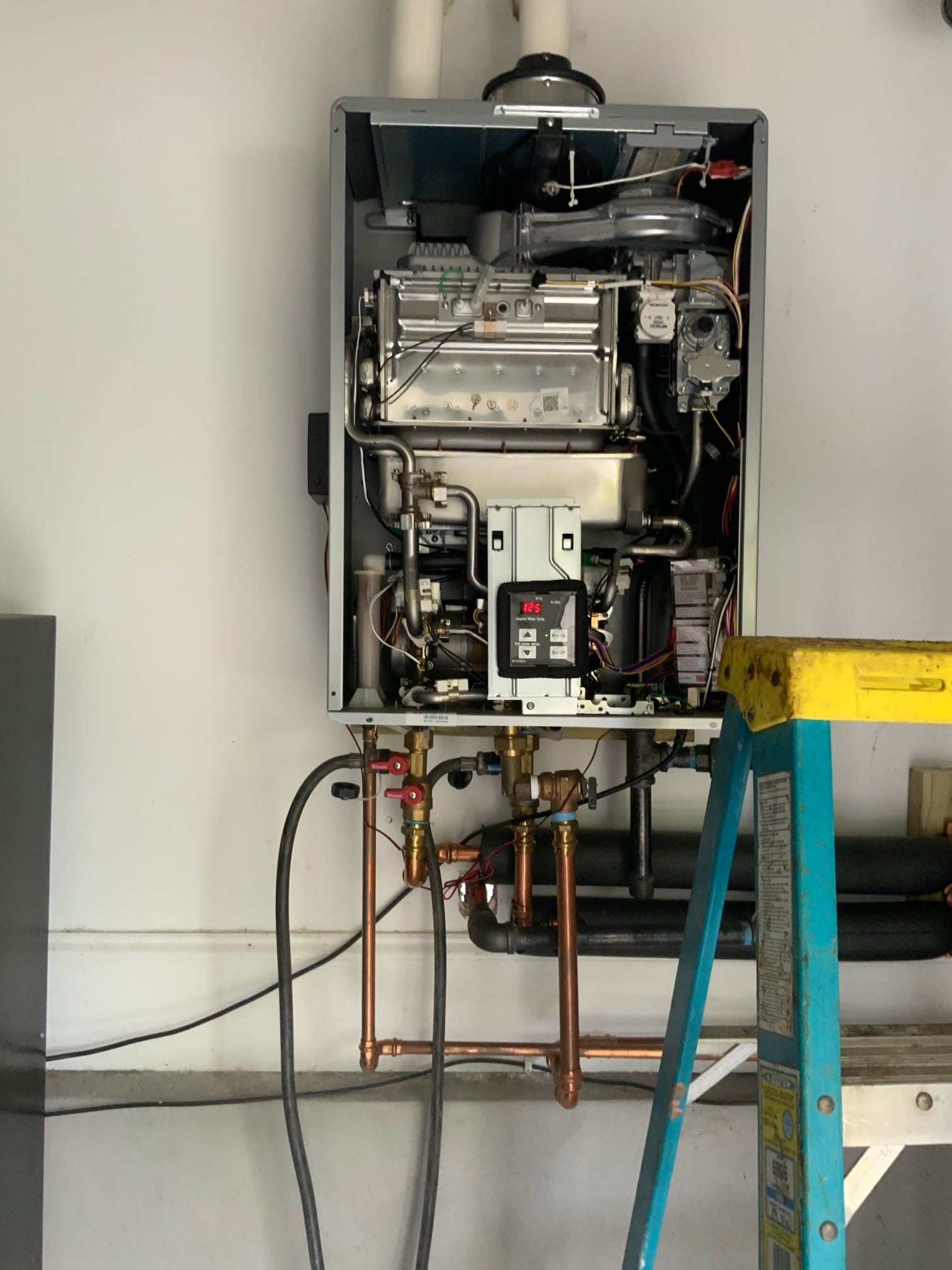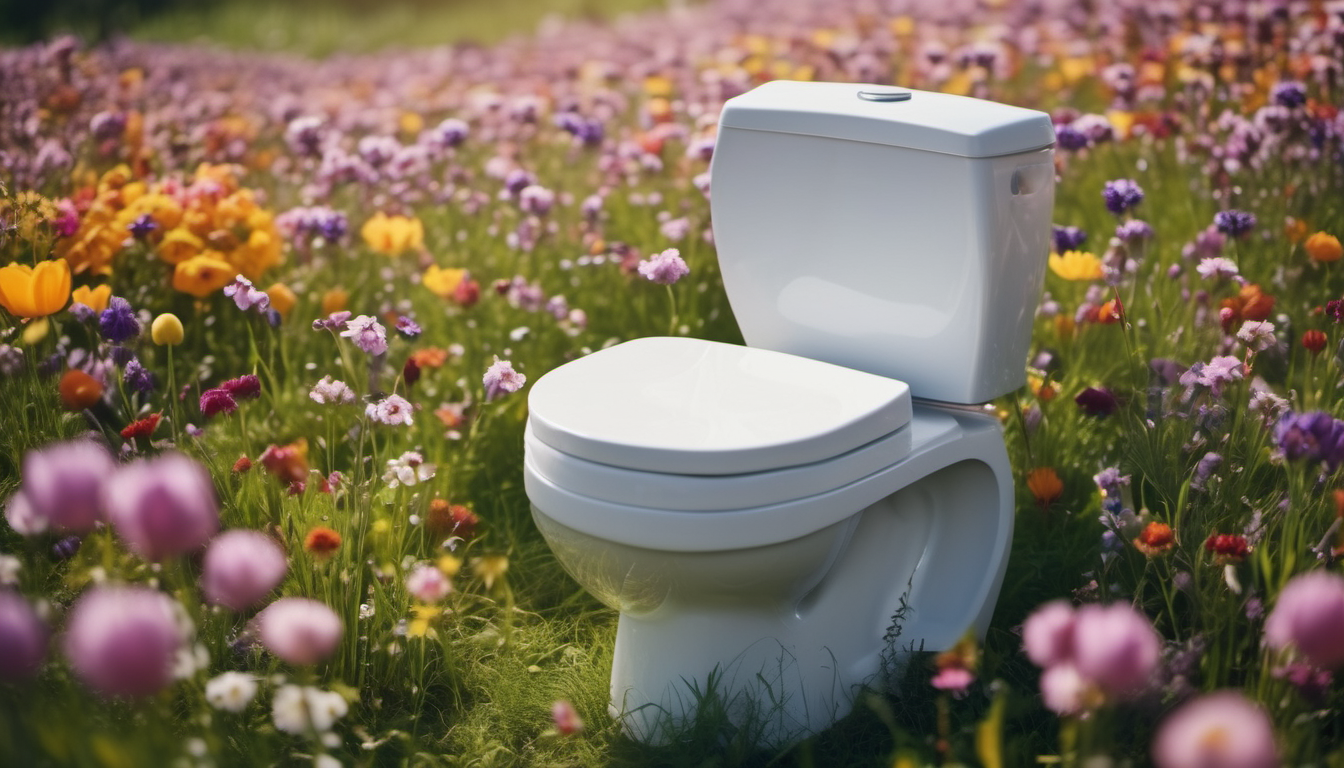From Clogged Drains to Broken Pipes: Understanding the Impact of Rain on Your Plumbing System
Don't Let the Rain Drain Your Plumbing Joy!
Heavy rain might bring beautiful rainbows, but it can also wreak havoc on your pipes. Here's a quick guide to stay ahead of the curve and keep your plumbing flowing smoothly:
1. Overflowing Drains:
- Clogged Culprits: Leaves, debris, and sand washed in by rain can easily clog gutters, downspouts, and outdoor drains. This can back up into your sewer system, causing overflows and unpleasant surprises.
- Prevention is Key: Regularly clean gutters and drains, especially before and after heavy rainfall. Install drain guards to catch leaves and debris.
2. Basement Blues:
- Groundwater Woes: Rising groundwater levels due to heavy rain can put pressure on basement sewer lines, potentially causing leaks and backups.
- Sump Pump Savior: If you live in a flood-prone area, consider installing a sump pump to remove excess water from your basement before it overwhelms your plumbing.
3. Pipe Pressure Problems:
- Shifting Soil: Saturated soil can shift and put pressure on underground pipes, potentially causing cracks or breaks.
- Warning Signs: Watch for sudden leaks, low water pressure, or gurgling sounds in your pipes, which could indicate damaged lines.
4. Backflow Blues:
- Sewer System Overload: Heavy rain can overwhelm sewer systems, causing sewage to back up into homes through drains and toilets
- Preventative Measures: Install a backflow prevention valve to keep sewage from flowing back into your plumbing system.
Bonus Tip: Keep an eye on weather forecasts and take preventive measures before heavy rain hits. This could include clearing drains, checking sump pumps, and shutting off floor drains in your basement.
By following these tips and being proactive, you can ensure your plumbing system weathers the storm and keeps your home happy and healthy. Remember, if you experience any plumbing issues during or after heavy rain, don't hesitate to call Plumber Today!



